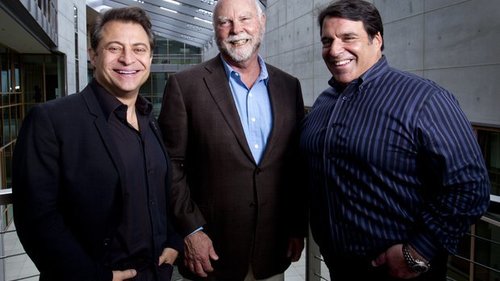Craig Venter Wants to Build the World’s Biggest Database for Genome Information
See on Scoop.it – Virology and Bioinformatics from Virology.ca
Craig Venter’s new company wants to improve human longevity by creating the world’s largest, most comprehensive database of genetic and physiological information.
Human Longevity, based in San Diego, says it will sequence some 40,000 human genomes per year to start, using Illumina’s new high-throughput sequencing machines (Illumina Has the First $1,000 Genome).
Eventually, it plans to work its way up to 100,000 genomes per year. The company will also sequence the genomes of the body’s multitudes of microbial inhabitants, called the microbiome, and analyze the thousands of metabolites that can be found in blood and other patient samples.
By combining these disparate types of data, the new company hopes to make inroads into the enigmatic process of aging and the many diseases, including cancer and heart disease, that are strongly associated with it. “Aging is exerting a force on humans that is exposing us to diseases, and the diseases are idiosyncratic, partly based on genetics, partly on environment,” says Leonard Guarente, who researches aging at MIT and is not involved in the company. “The hope for many of us who study aging is that by having interventions that hit key pathways in aging, we can affect disease.”
To that end, Human Longevity will collaborate with Metabolon, a company based in Durham, North Carolina, to profile the metabolites circulating in the bloodstreams of study participants. Metabolon was an early pioneer in the field of metabolomics, which catalogues the amino acids, fats, and other small molecules in a blood or other sample to develop more accurate diagnostic tests for diseases (Metabolomics).
Metabolon uses mass spectrometry to identify small molecules in a sample. In a human blood sample, there are around 1,200 different types; Metabolon’s process can also determine the amount of each one present. While genome sequencing can provide information about inherited risk of disease and some hints of the likelihood that a person will have a long life, metabolic data provides information on how environment, diet, and other features of an individual’s life affect health.
See on www.technologyreview.com
